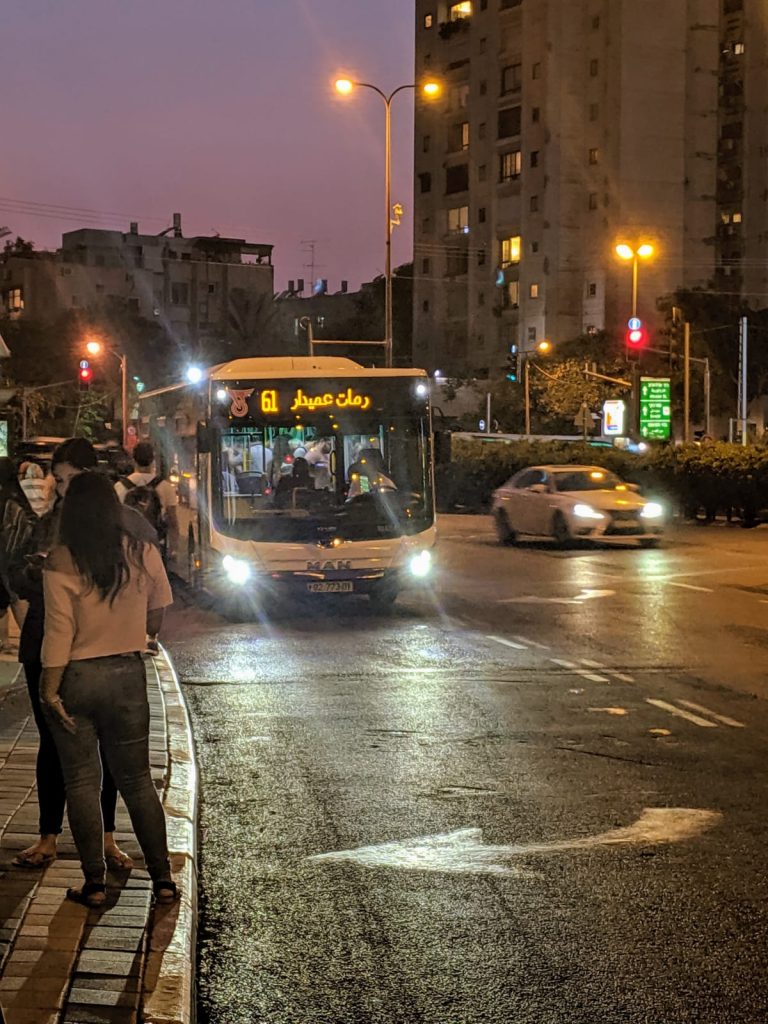
Revson’s long interest in affordable housing has focused increasingly on the unique planning issues of Arab locales. Arab citizens constitute 20% of Israel’s population; their cultural and economic contributions are essential to Israel’s future.
70% of Israel’s 2.1 million Arab citizens live in Arab towns and municipalities and more than 90% of Arab towns receive low rankings for socio-economic outcomes by Israel’s Ministry of the Economy. Poor infrastructure is a driver of those outcomes, which also impedes efforts to contain the rising rate of violent crime in Arab society.
Since 2015, the Government of Israel has passed two large-scale investment initiatives in Arab and Bedouin society, offering opportunities to improve quality of life significantly. A lack of planning capacity, however, has been an ongoing barrier to unlocking government funds and taking full advantage of these opportunities. Revson has invested just over $4 million since 2017 to improve planning capacity and urban regeneration of Arab towns and other municipalities on Israel’s economic and geographic periphery, pursuing the following strategies:
Photo credit: Inna Branzburg, Sikkuy-Aufoq
Strategic urban planning is an important intervention than can counter crime long term with improved public spaces and community engagement, enhancing safety and improving social cohesion.
Dr. Enaya Banna, Hebrew University
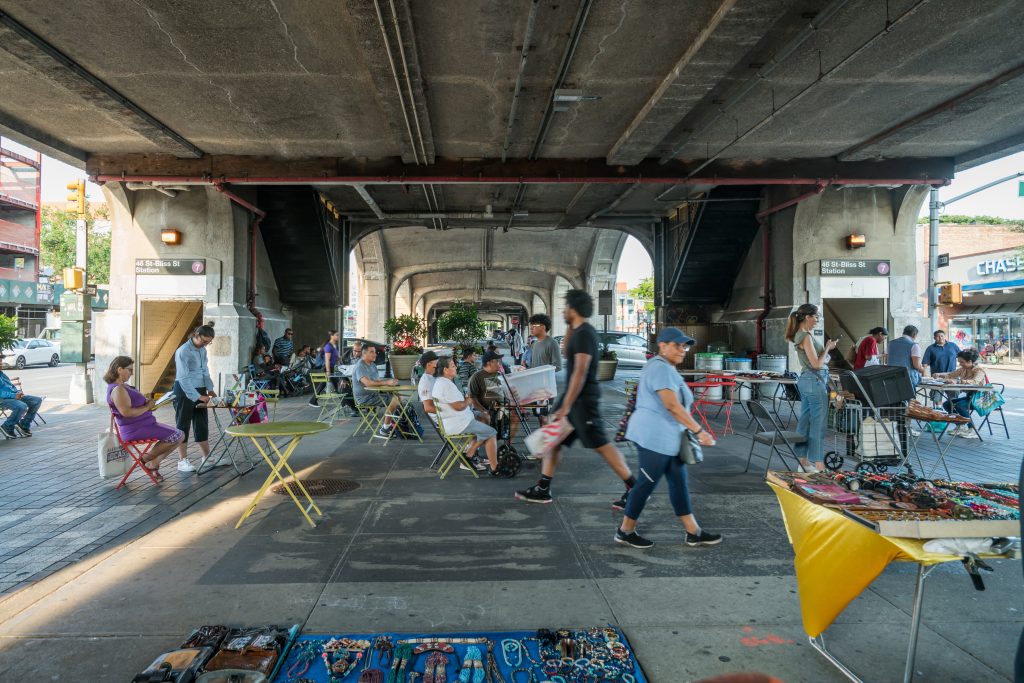
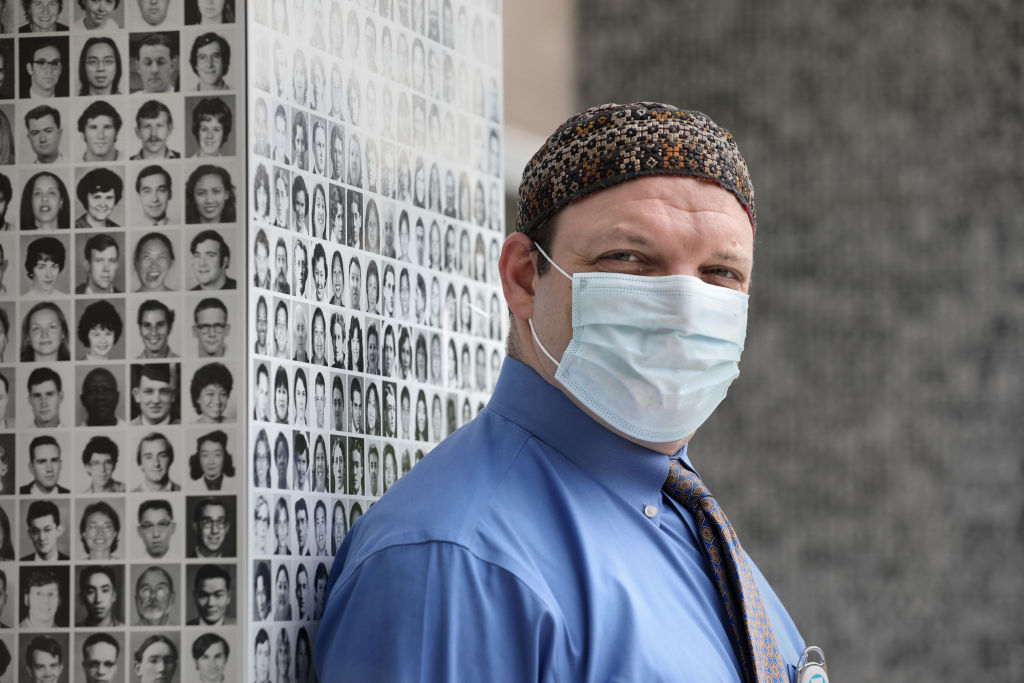
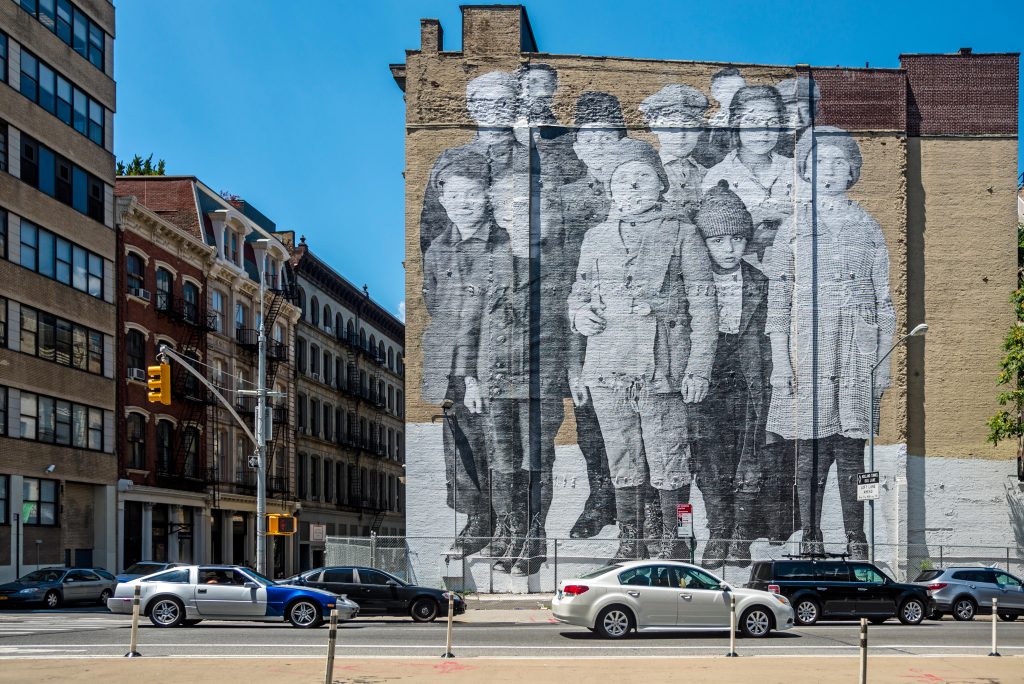

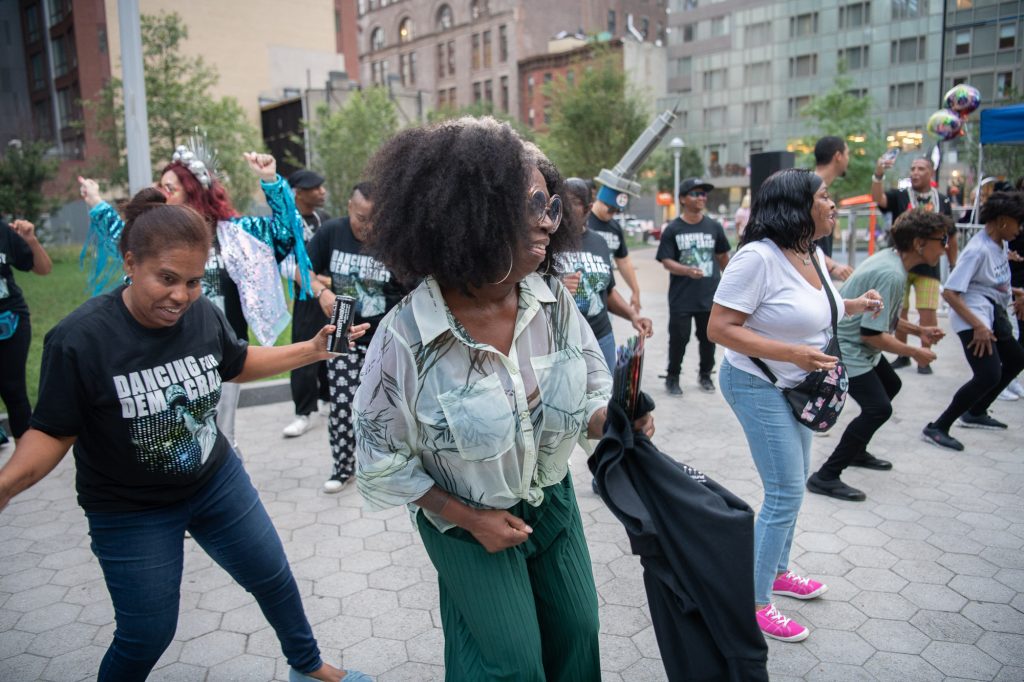
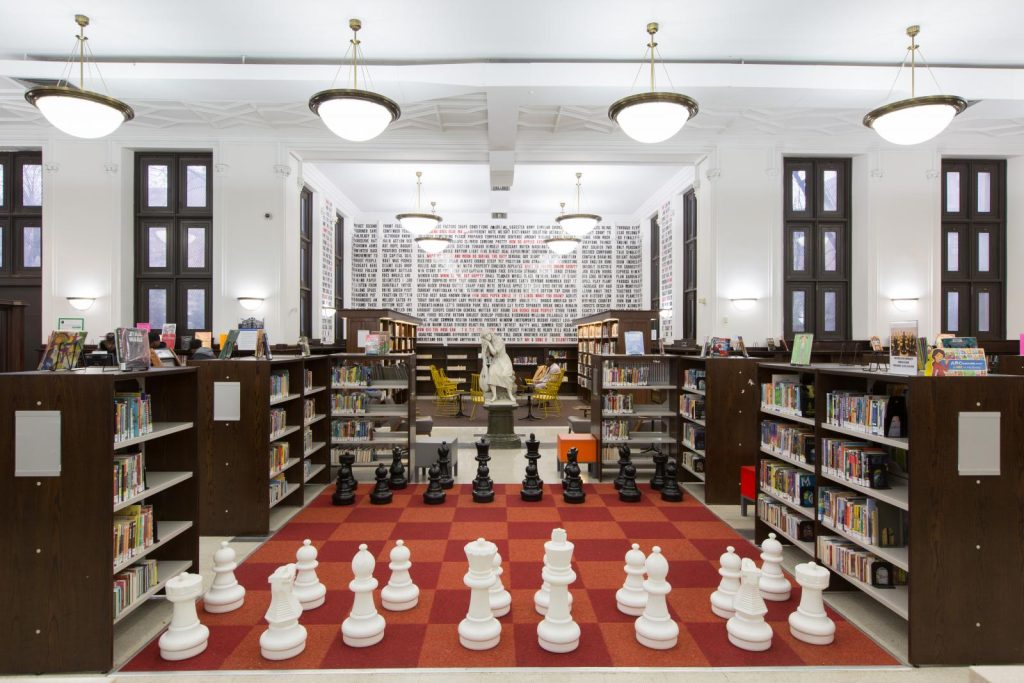
Supporting basic research in the biomedical sciences
Investing in the future of New York City and strengthening its essential civic squares
Meeting social and spiritual needs of diverse communities in Israel and North America